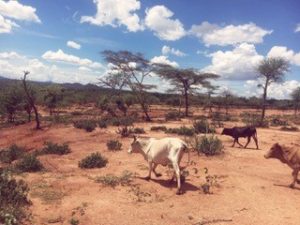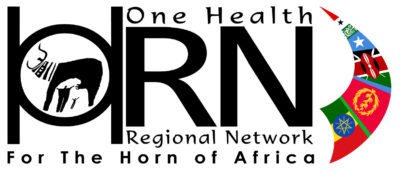
This study explores the perceptions of the Hamer pastoralists on the influence of climate change on their health and that of their livestock.
Pastoralists and agro-pastoralists are some of the most vulnerable groups to changes in climate due to their reliance on livestock and climate sensitive rangelands. To explore their perspectives, we undertook multiple focus group discussion with Hamer pastoralist communities and key informant interviews with human health and animal health workers in the area.
Findings reveal that the loss of seasonality, erratic rainfall and prolonged droughts are perceived to be having adverse consequences on their health, livestock and fundamentally their livelihoods. Decreasing livestock production, undernutrition and out-of-season outbreaks of climate-sensitive diseases such as malaria are threatening an already poorly resourced healthcare system. In order to cope with these challenges, the Hamer were diversifying their livelihood strategies by altering livestock composition, selling livestock at market and purchasing alternative income methods such as transport vehicles.
This study has now been completed. You can read more about the research here.
